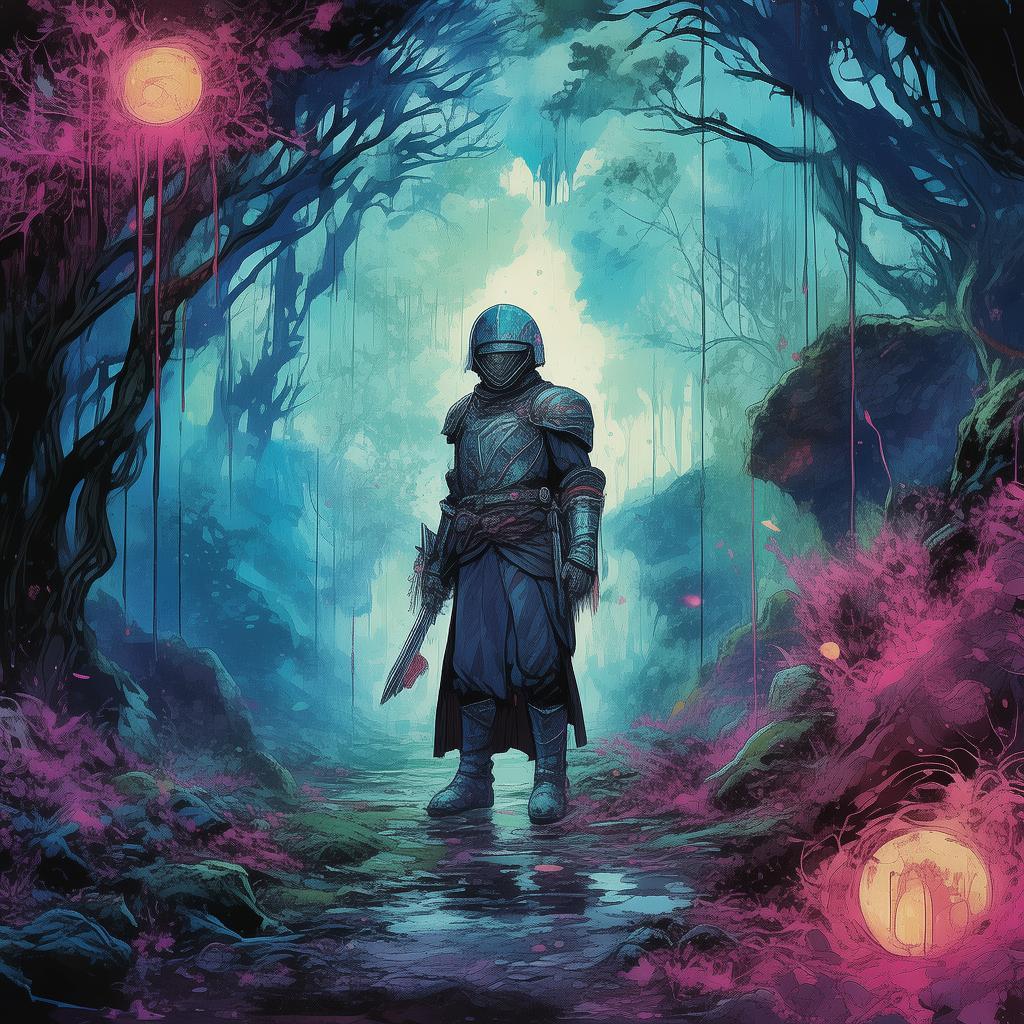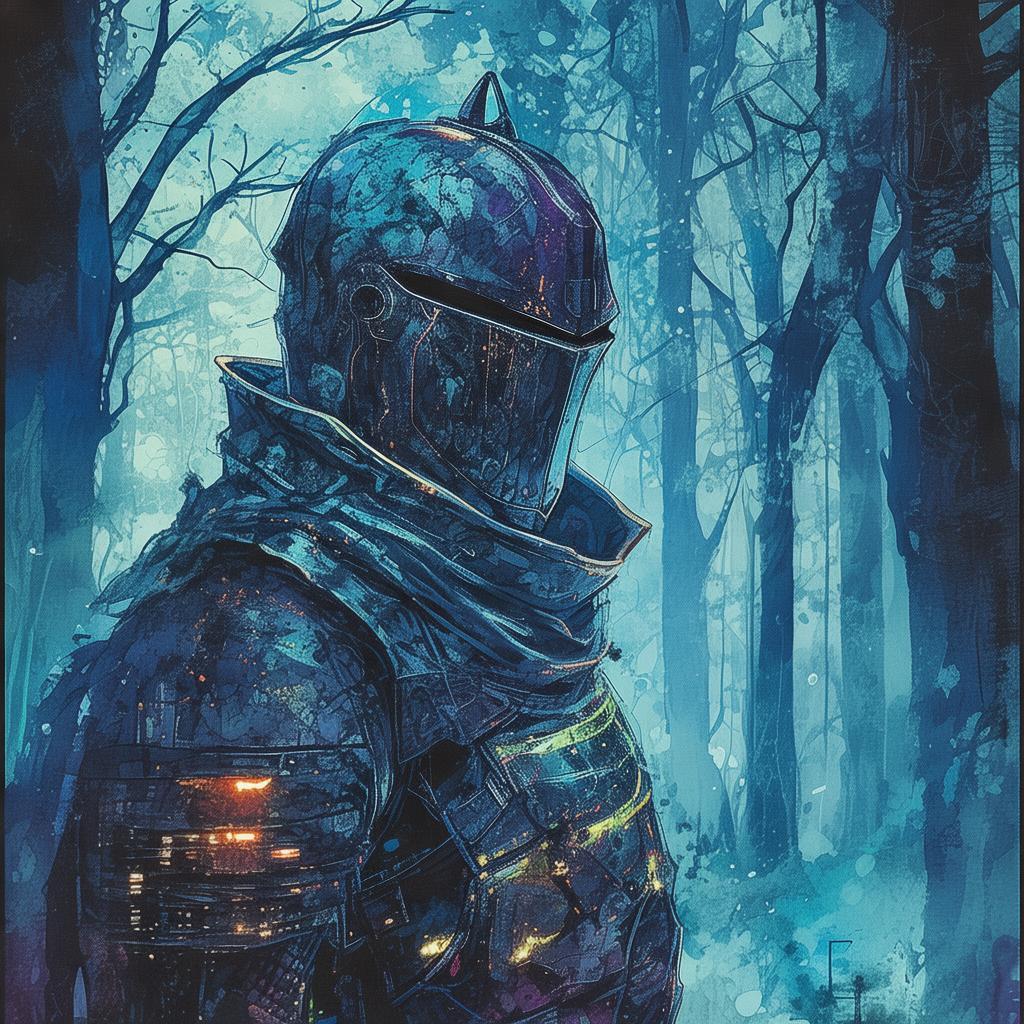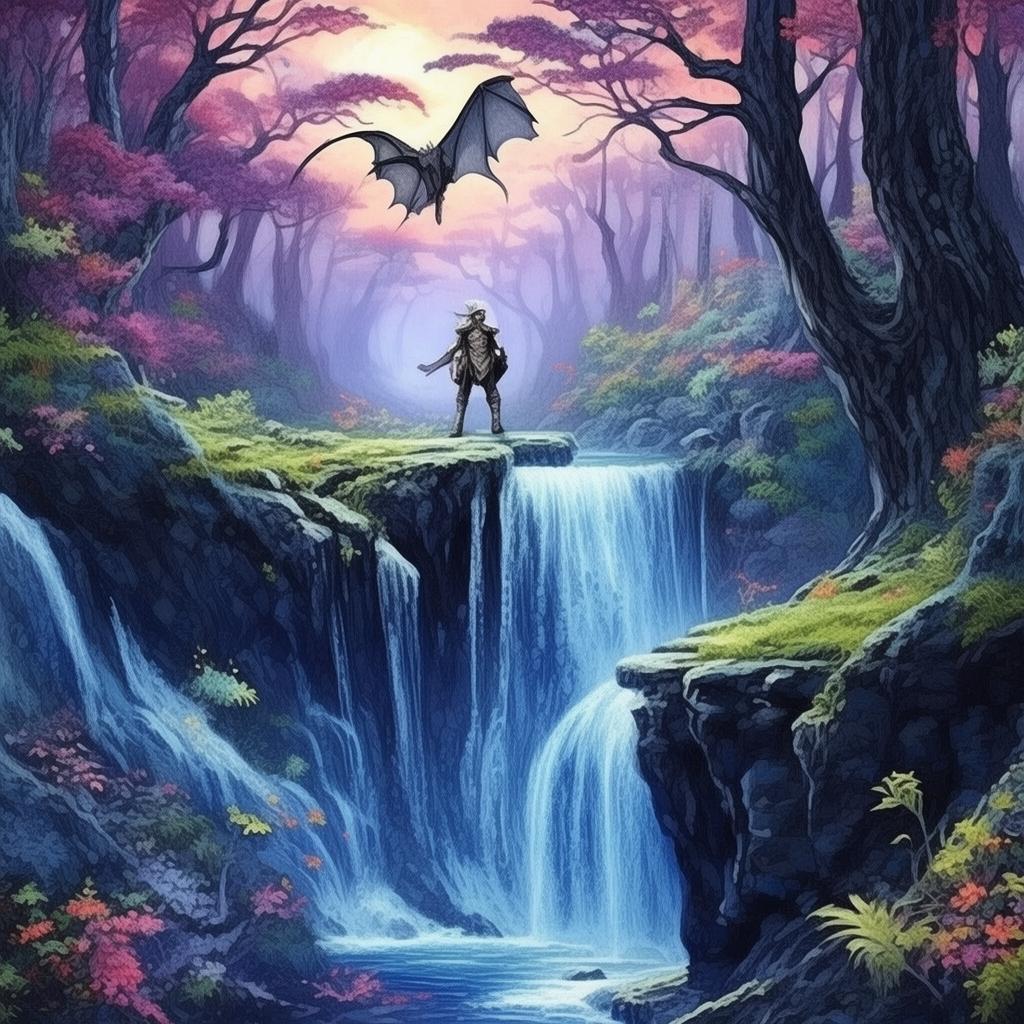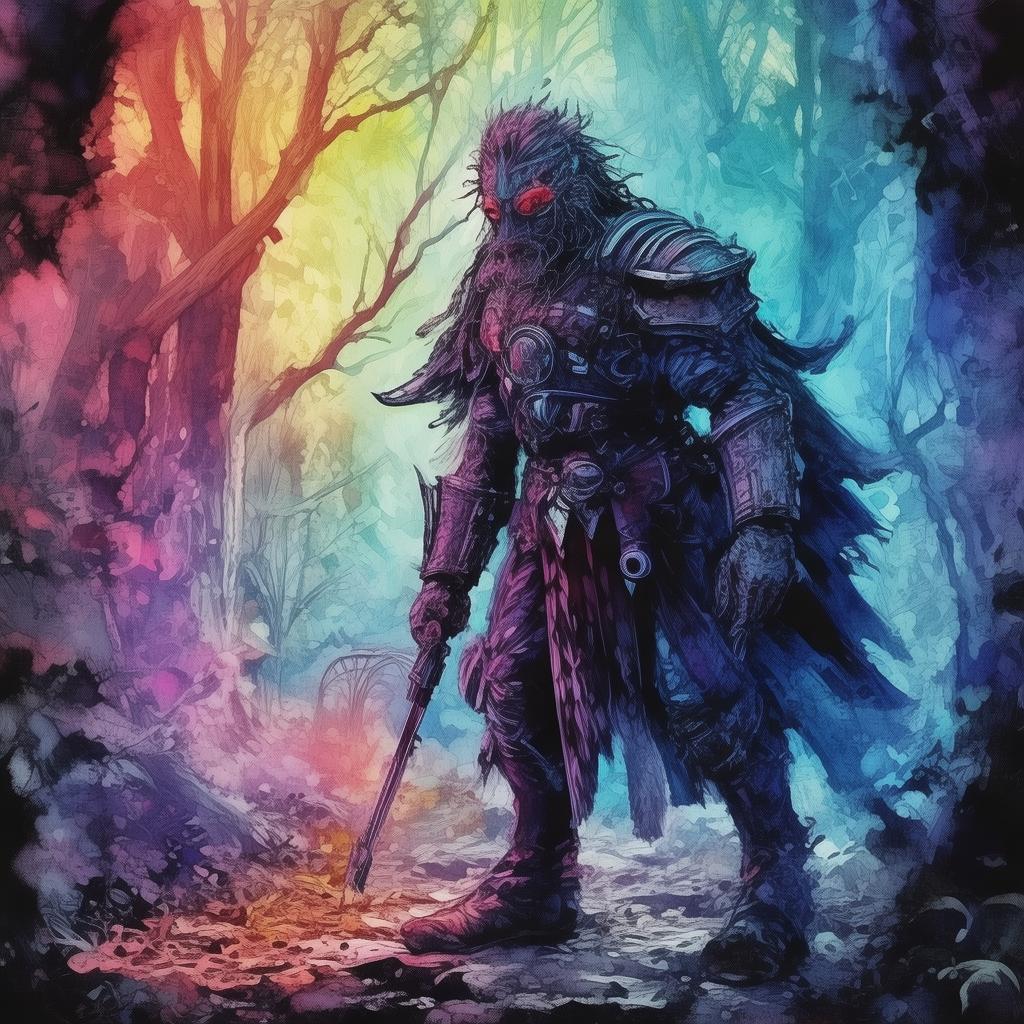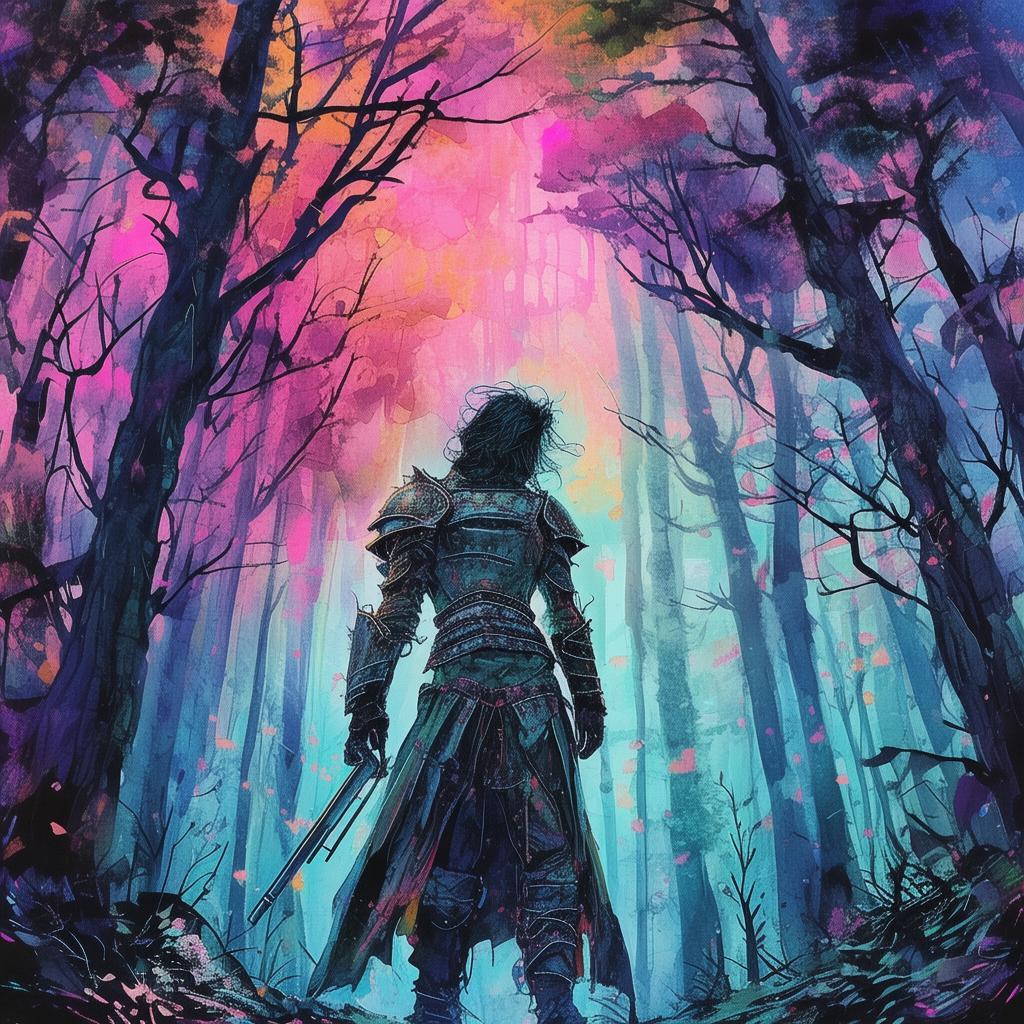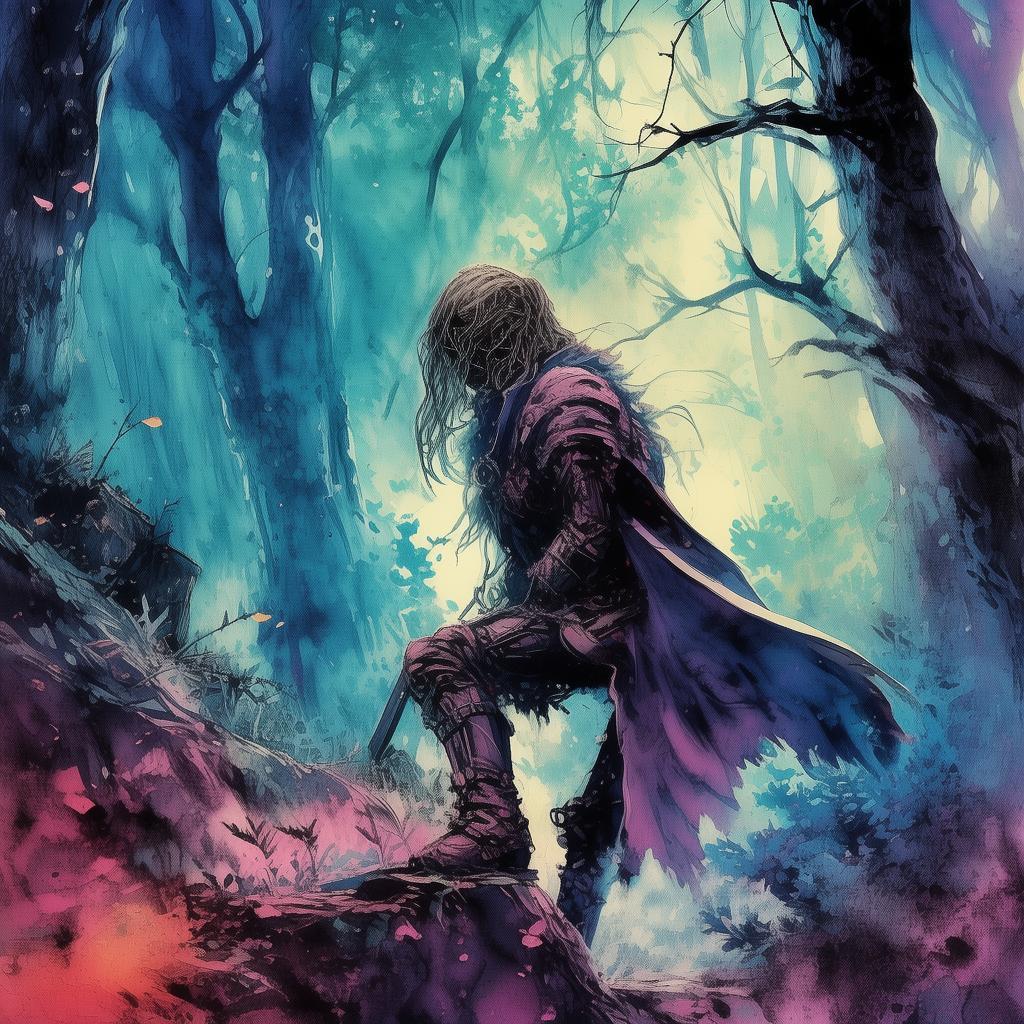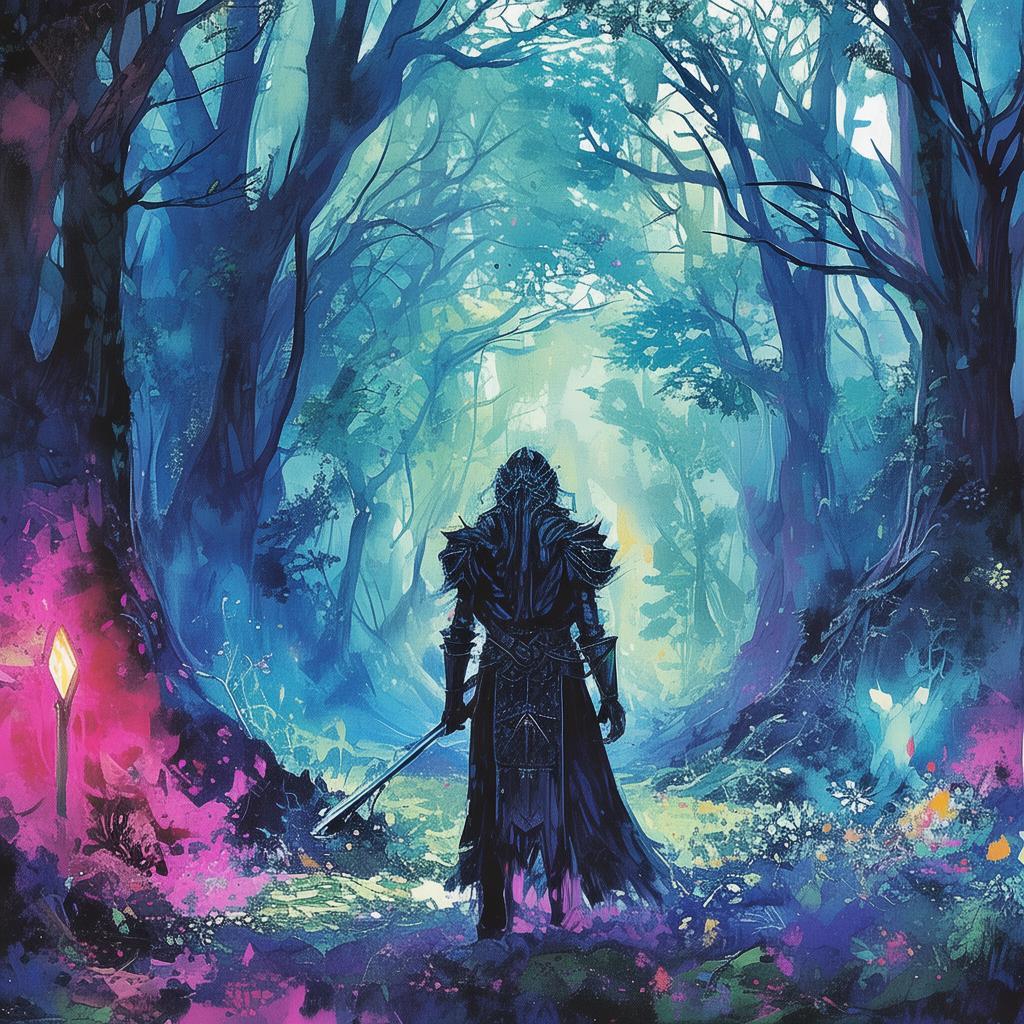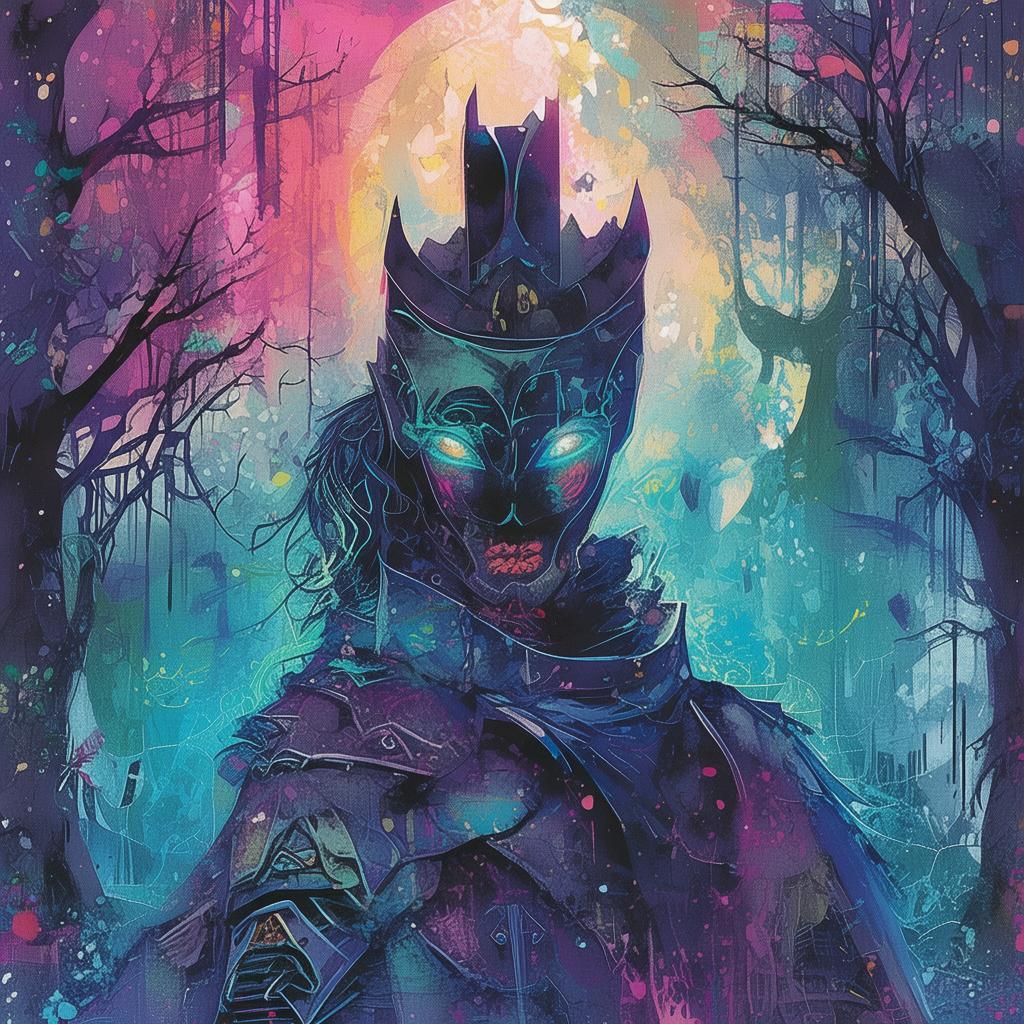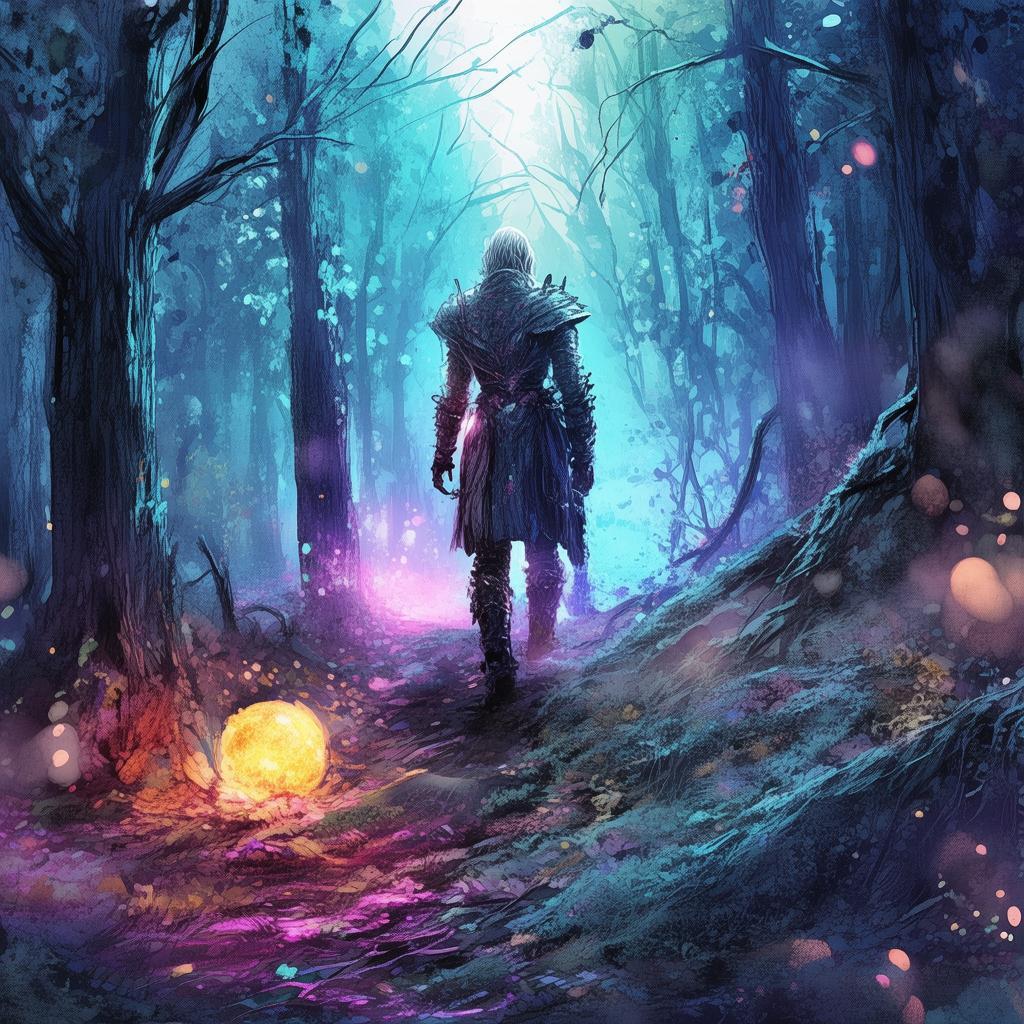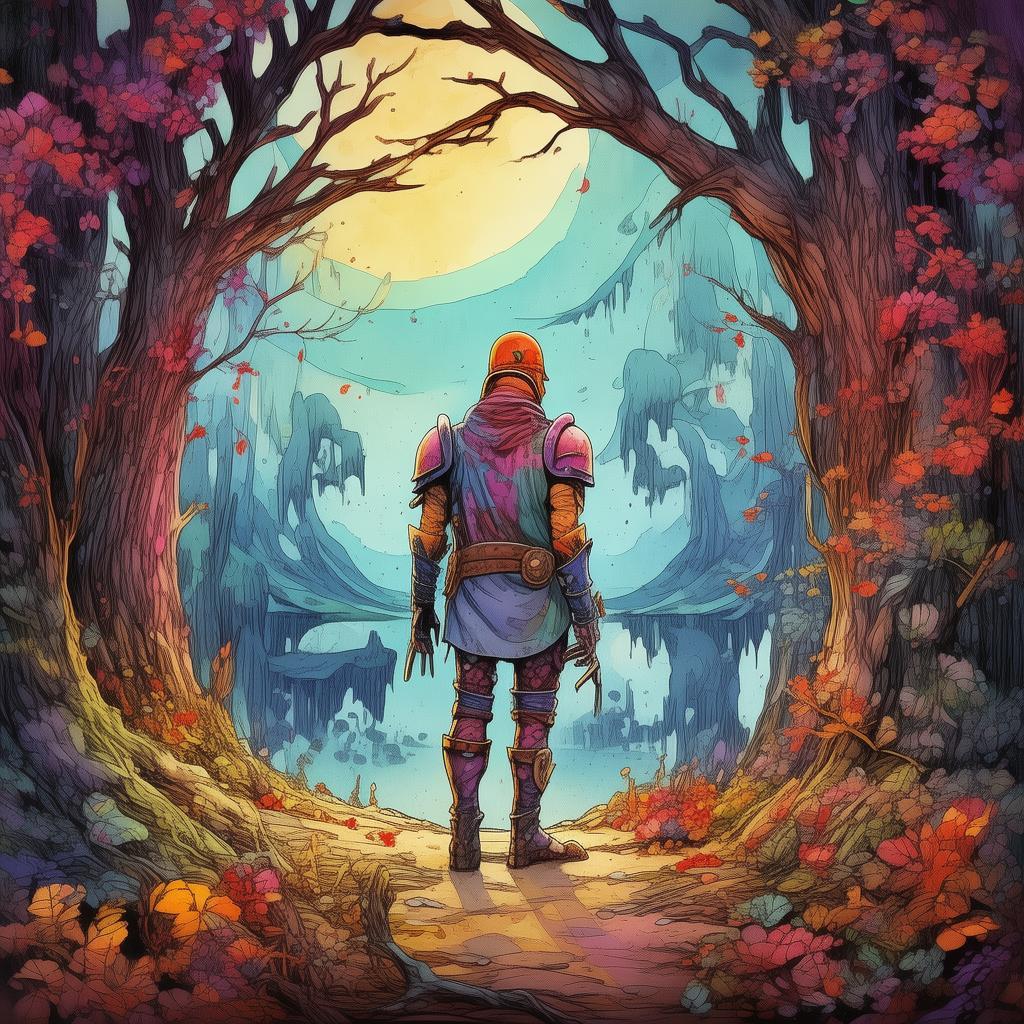The Celestial Reckoning: The Ascension of the Eternals
The sky was a tapestry of swirling colors, the product of celestial fire and the raw power of the heavens. Below, the realm of mortals was a mere whisper of existence, a world bound to the whims of the immortals who dwelled in the heights of the firmament. In this realm, a legend was born, one that would echo through the ages and beyond—the Celestial Reckoning.
In the heart of the celestial realm, a great war had raged for centuries. The Eternals, beings of almost infinite power, had divided into two factions, each vying for dominance over the heavens and the fate of the cosmos. The first, the Seraphim, believed in the purity of the heavens and the sanctity of creation. The second, the Demiurge, sought to reshape the cosmos in their own image, a realm of iron will and cold logic.
Amidst the chaos of the battle, there emerged a figure of unparalleled might and wisdom, an immortal known only as The Ascendant. Born of the stars and the essence of the universe, The Ascendant was a being without a past or a future, bound only to the present and the eternal struggle of the Eternals.
The Seraphim saw in The Ascendant the key to their victory. They believed that with the right guidance and their own celestial might, The Ascendant could be the avatar of their cause. The Demiurge, however, saw a threat to their ambitions. If The Ascendant were to align with the Seraphim, the balance of power in the heavens would shift irreparably.
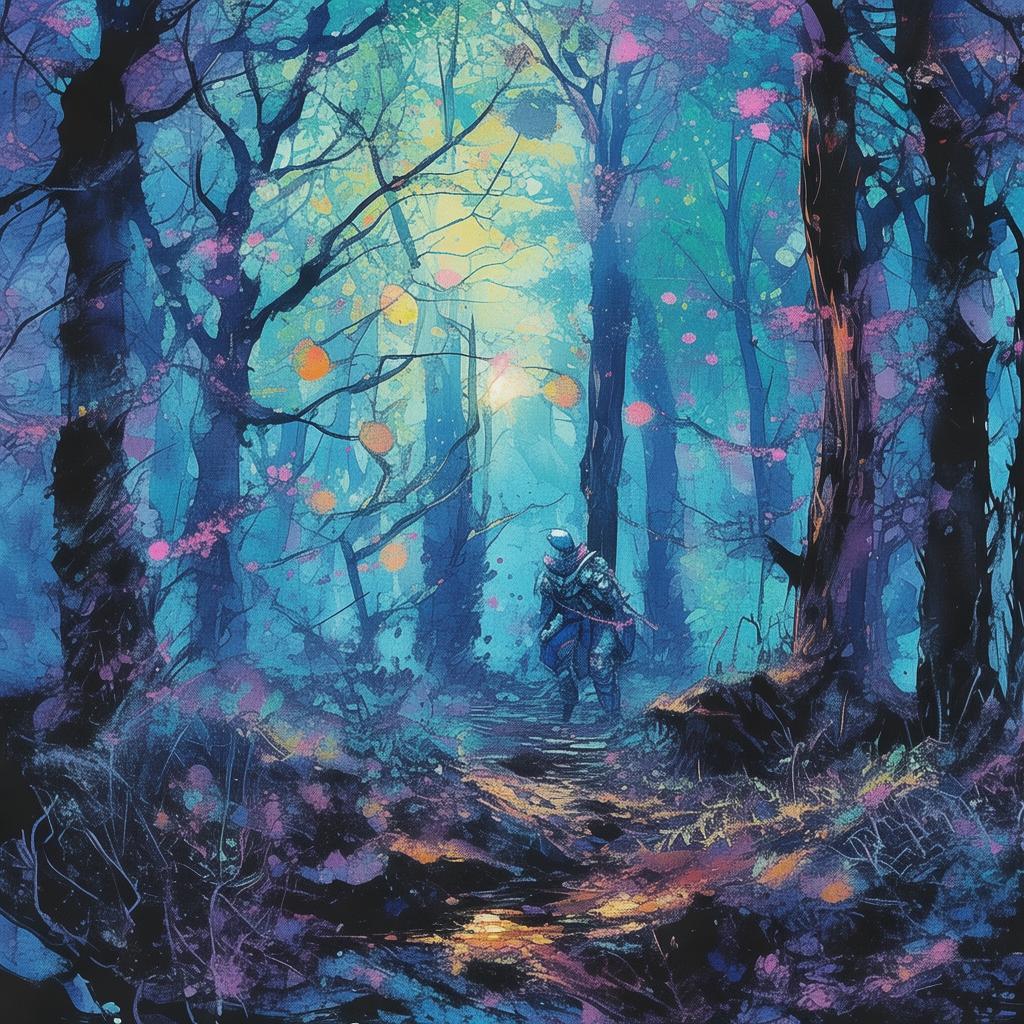
The Celestial Reckoning began with a challenge. The Seraphim and the Demiurge each presented The Ascendant with a quest—a test of his will and his ability to unite the warring Eternals. The Seraphim demanded that The Ascendant forge a new celestial weapon, one that could pierce the very fabric of reality. The Demiurge, in turn, proposed a riddle, a puzzle that would reveal the true nature of The Ascendant and his place in the cosmos.
The Ascendant, torn between the two factions, chose the path of the Seraphim. He embarked on a journey through the heavens, seeking the materials to forge his weapon. His quest led him to the very core of existence, where the essence of the universe was said to reside. There, amidst the raw energy and the infinite potential, The Ascendant forged the weapon, a blade that could slice through the heavens themselves.
Meanwhile, the Demiurge presented his riddle to The Ascendant's closest companion, a being known as The Oracle. "What is it that is born without a mother and dies without a father?" The Oracle pondered, her eyes reflecting the infinite cosmos. "It is the wind," she finally whispered, her voice a mere whisper in the vastness of the heavens.
The Demiurge, hearing the Oracle's answer, was both amused and satisfied. He knew that The Ascendant, who had no past or future, could not be truly united with the Seraphim or the Demiurge. His answer was a subtle hint that The Ascendant was, in fact, a being of infinite potential, capable of any role or purpose.
But The Ascendant had forged his blade, and with it, he confronted the Demiurge. In a battle that shook the heavens, The Ascendant wielded his weapon with a power that rivaled the very creation itself. The Demiurge, caught off guard, was forced to retreat, his plan to divide and conquer thwarted.
With the Demiurge's defeat, the Seraphim saw their opportunity to claim victory. They crowned The Ascendant as their leader, and with his blade in hand, they set forth to end the war and restore order to the heavens. But The Ascendant had other plans.
He turned his gaze to the stars and the infinite possibilities they held. With a single gesture, he shattered the blade that had been his life's work. "The true power is not in the weapon," he declared, "but in the will to forge it." He then turned to the Seraphim and the Demiurge, offering them a truce, a chance for the Eternals to coexist, not in conflict, but in harmony.
The Seraphim and the Demiurge were both surprised and moved by The Ascendant's offer. They realized that the war had been a mistake, a misunderstanding of their shared purpose. They accepted his truce, and with it, the Eternals began to heal the wounds of war.
The Celestial Reckoning was not the end of the battles, but the beginning of a new era. The Ascendant, with his wisdom and power, became a symbol of hope and unity, a beacon for the Eternals and the mortals alike. And so, the myth of The Ascendant, the hero who chose to forge peace in the midst of war, became the stuff of legends, a tale that would be told for generations to come.
In the end, The Ascendant did not claim the title of the ultimate eternal. Instead, he chose to be the eternal of all, a being who served the cosmos and the Eternals with equal dedication. And so, the heavens were saved, and the cosmos was at peace, all because one immortal chose to rise above the battle and seek the greater good.
✨ Original Statement ✨
All articles published on this website (including but not limited to text, images, videos, and other content) are original or authorized for reposting and are protected by relevant laws. Without the explicit written permission of this website, no individual or organization may copy, modify, repost, or use the content for commercial purposes.
If you need to quote or cooperate, please contact this site for authorization. We reserve the right to pursue legal responsibility for any unauthorized use.
Hereby declared.
